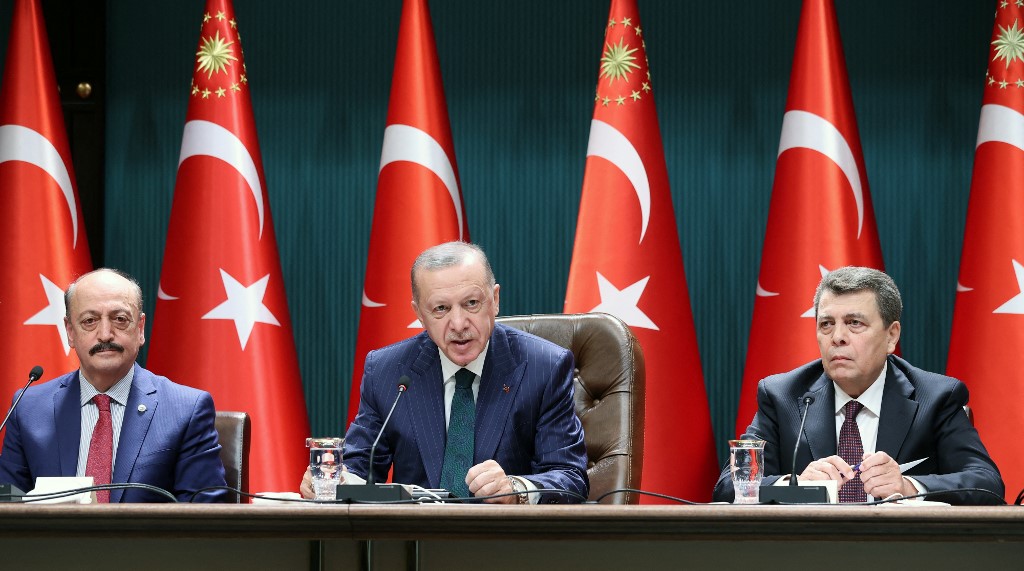Turkey’s 2018 shift to a presidential system, approved in a 2017 referendum, may be the primary driver of the country’s economic troubles, according to İbrahim Ekinci of the Kısa Dalga news website, based on economist Ömer Gencal’s analysis revealing a broad economic decline.
In the 2017 referendum, Turkey transitioned from a parliamentary to an executive presidential system, which gave President Recep Tayyip Erdoğan and his ruling Justice and Development Party (AKP) expanded powers. Critics say this change eliminated checks and balances, further eroding Turkish democracy.
Official data of inflation indicate a rise from 11.72 percent in 2017 to 85.5 percent in 2022, then dropping to 64.77 percent by the end of 2023 and now standing at 48.58 percent. Meanwhile, the exchange rate surged from TL 3.54 to TL 34.2 against the dollar. Central government debt increased from 807 billion lira to 8.6 trillion lira, with budget interest payments climbing from 56.7 billion to 912 billion lira.
Rising borrowing costs
Yields on 10-year government bonds rose from 10.24 percent to 30 percent, while foreign currency debt in domestic borrowing grew from zero to 816 billion lira. Turkey’s risk premium also rose from below 200 to 264, peaking at 850.
The Gini coefficient, which gauges income inequality, rose from 0.47 to 0.49, signaling worsening income distribution. The number of impoverished individuals grew from 2.25 million to 2.4 million. According to the calculations of the Confederation of Turkish Trade Unions (TÜRK-İŞ), the hunger threshold — defined as the amount of money that a family of four living in the capital city of Ankara needs to spend for healthy and balanced nourishment — increased from TL 1,500 to TL 20,000, while the poverty line, which adds to that other expenses such as clothing, housing (rent and utilities), transportation, education and healthcare, went from TL 5,000 to TL 65,000.
Investment and employment
Foreign direct investment dropped sharply from $11.2 billion to as low as $1 billion in some years, excluding real estate sales. The rate of non-employed workers rose from 17.8 percent to 27 percent.
National income has not reached its 2013 level of $957 billion. The average growth rate from 2018 to 2023 was 4.56 percent. The foreign trade deficit expanded from $54 billion to $106 billion, now at $65 billion, and short-term foreign debt rose from $109.6 billion to $173.7 billion.
Central bank policy
The central bank’s policy rate, which was 16.5 percent in June 2018, has varied between 8.25 percent and 24 percent, currently stands at 50 percent. Total foreign debt grew from $457.9 billion in early 2018 to $512 billion by June 2024.
The data illustrate a stark decline in Turkey’s economic health following its 2018 shift to an executive presidential system and according to critics, the new governance structure contributed to the economic downturn.


